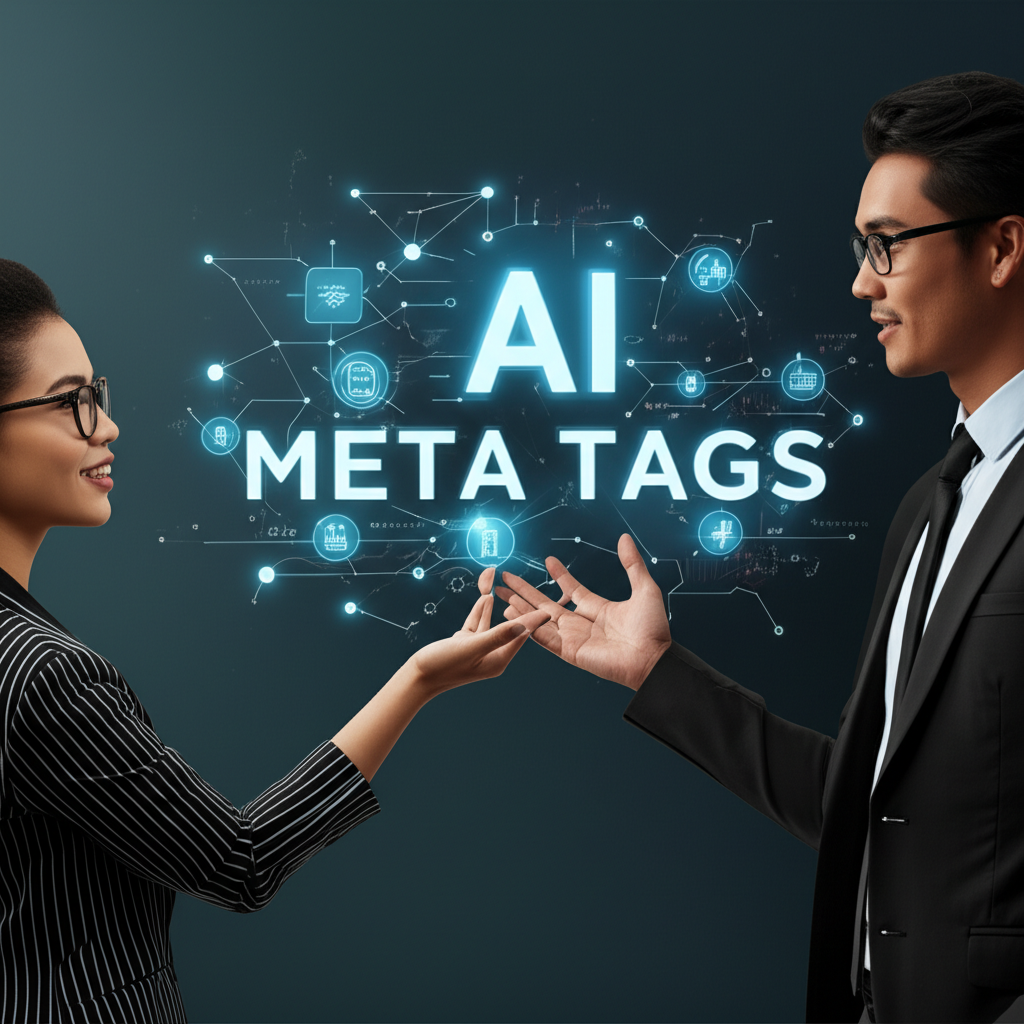Improve Contract Review Efficiency by 50% Using AI-Powered Legal Document Analysis Tools
Estimated Reading Time: 5 minutes
- AI-powered contract review tools can enhance efficiency by 50-70%.
- These tools ensure consistency and minimize human errors.
- AI can proactively identify risks and flag problematic clauses.
- Implementation strategies involve customization and integration into existing workflows.
- The future of AI includes predictive analytics and advanced negotiation support.
Table of Contents
- The Current State of Contract Review: Challenges and Opportunities
- Understanding AI-Powered Contract Review Technology
- Quantifiable Benefits: The 50% Efficiency Improvement and Beyond
- Leading AI Contract Review Tools in the Market
- Implementation Strategies for Maximum Impact
- Practical Applications Across Legal Functions
- The Future of AI in Legal Document Analysis
- Making the Business Case for AI Contract Review
- FAQ
The Current State of Contract Review: Challenges and Opportunities
Traditional contract review processes have long been a bottleneck in legal operations. Legal professionals spend countless hours manually reviewing documents, extracting key terms, identifying risks, and ensuring compliance. This labor-intensive approach not only consumes valuable time but also increases the likelihood of human error and inconsistency. In today’s fast-paced business environment, where deals need to close quickly and compliance requirements are ever-evolving, the traditional approach simply cannot keep pace.
Enter AI-powered legal document analysis tools. These sophisticated platforms leverage cutting-edge technologies like Natural Language Processing (NLP) and machine learning to transform how contracts are reviewed, analyzed, and managed. By automating routine tasks and augmenting human expertise, these tools are enabling legal teams to achieve efficiency gains that were previously unimaginable.
Understanding AI-Powered Contract Review Technology
At its core, AI contract review technology combines several advanced capabilities to deliver comprehensive document analysis. Natural Language Processing enables these systems to understand legal language in context, identifying not just keywords but the actual meaning and implications of contractual provisions. Machine learning algorithms, trained on vast databases of legal documents, can recognize patterns, flag anomalies, and even predict potential issues based on historical data.
These AI systems go beyond simple text matching. They can understand the relationships between different clauses, identify dependencies, and even suggest alternative language based on best practices and precedents. This sophisticated analysis happens in minutes rather than hours, fundamentally changing the economics of contract review.
Quantifiable Benefits: The 50% Efficiency Improvement and Beyond
The headline figure of 50% efficiency improvement is actually conservative when considering the full impact of AI-powered contract review tools. According to recent studies, AI can improve contract review efficiency by over 50-70%, significantly reducing manual effort. In specific use cases, the gains are even more dramatic. For instance, in complex processes like Mergers & Acquisitions (M&A) due diligence, AI can accelerate the review process by up to five times.
But efficiency is just one part of the equation. AI-powered tools deliver value across multiple dimensions:
Enhanced Accuracy and Consistency
Human reviewers, no matter how experienced, are susceptible to fatigue, distraction, and inconsistency. AI tools ensure thorough and uniform contract analysis, minimizing human errors and inconsistencies. They apply the same rigorous standards to every document, whether it’s the first contract of the day or the hundredth. This consistency is particularly valuable for organizations dealing with high volumes of similar contracts, where maintaining uniform standards is critical.
Comprehensive Risk Identification
One of the most valuable capabilities of AI contract review tools is their ability to identify and flag potential risks. AI platforms can identify risky clauses from a compliance, legal, or financial perspective, providing recommendations for mitigation. This proactive approach helps prevent costly oversights and disputes that might otherwise go unnoticed until it’s too late.
Automated Data Extraction and Management
Beyond risk identification, AI tools can automatically extract key details such as clauses, dates, and involved parties, facilitating faster contract management and review. This automated extraction creates structured data from unstructured documents, enabling better reporting, tracking, and strategic decision-making.
Leading AI Contract Review Tools in the Market
The market for AI-powered contract review tools has matured significantly, with several platforms offering sophisticated capabilities tailored to different needs:
Legartis
Known for deep clause analysis and customization, Legartis is ideal for law firms and in-house legal teams handling complex contracts. The platform offers extensive customization options, allowing organizations to tailor the analysis to their specific industry requirements or company standards. This flexibility makes it particularly valuable for organizations dealing with specialized or non-standard agreements.
Summarize
For businesses that need accessible contract reviews without sacrificing sophistication, Summarize offers plain English summaries and a human-in-the-loop approach. This tool bridges the gap between technical legal analysis and business understanding, making contract insights accessible to non-legal stakeholders while maintaining accuracy and completeness.
Kira
A pioneer in the field, Kira utilizes patented machine learning to identify and analyze over 1,400 clauses across various substantive areas, enhancing diligence reports and compliance. The platform’s extensive clause library and continuous learning capabilities make it a favorite among top law firms for complex due diligence projects.
Implementation Strategies for Maximum Impact
Successfully implementing AI-powered contract review tools requires more than just selecting the right technology. Organizations need to approach implementation strategically to maximize the benefits:
Start with High-Volume, Routine Contracts
Begin your AI journey with contract types that are high-volume and relatively standardized. Non-disclosure agreements, employment contracts, and standard vendor agreements are excellent starting points. These documents benefit most from automation and provide quick wins that build confidence in the technology.
Customize and Train the System
Take advantage of customization features to align the AI tool with your organization’s specific needs. Some AI tools offer customization options to tailor analysis to specific industries or companies, enhancing their utility for complex contracts. Invest time in training the system on your preferred language, risk tolerances, and compliance requirements.
Integrate with Existing Workflows
The most successful implementations seamlessly integrate AI tools into existing legal workflows. Integration with other legal tools further streamlines workflows and enhances productivity. Consider how the AI tool will connect with your document management system, matter management platform, and other legal technology infrastructure.
Maintain Human Oversight
While AI dramatically improves efficiency, human expertise remains crucial. Establish clear protocols for human review of AI findings, particularly for high-stakes contracts or novel situations. The goal is augmentation, not replacement—AI handles the heavy lifting while humans provide strategic insight and judgment.
Practical Applications Across Legal Functions
The versatility of AI-powered contract review extends across various legal functions and practice areas:
Corporate Legal Departments
In-house legal teams use AI to manage vendor contracts, employment agreements, and partnership deals more efficiently. The technology enables them to maintain consistency across the organization while reducing turnaround times for business stakeholders.
Law Firms
For law firms, AI contract review tools have become competitive differentiators. AI tools like Kira have become essential for top law firms, significantly improving the quality of due diligence processes. Firms can handle larger volumes of work without proportionally increasing headcount, improving profitability while delivering faster service to clients.
Compliance and Risk Management
AI excels at identifying compliance issues across large document sets. Whether ensuring GDPR compliance in data processing agreements or identifying problematic indemnification clauses, AI tools provide comprehensive risk assessment at scale.
The Future of AI in Legal Document Analysis
As AI technology continues to evolve, we can expect even more sophisticated capabilities. Future developments may include:
- Predictive Analytics: AI systems that can predict contract performance and identify deals likely to result in disputes.
- Multi-language Support: Enhanced capabilities for reviewing contracts in multiple languages with consistent accuracy.
- Advanced Negotiation Support: AI that can suggest optimal negotiation strategies based on historical outcomes.
- Real-time Collaboration: Integrated platforms that enable seamless collaboration between legal teams, business stakeholders, and external counsel.
Making the Business Case for AI Contract Review
For organizations considering AI-powered contract review tools, the business case is compelling. Beyond the headline efficiency gains, these tools deliver:
- Reduced Legal Costs: Fewer hours spent on routine review translates directly to cost savings.
- Faster Deal Velocity: Quicker contract turnaround accelerates business transactions.
- Improved Risk Management: Comprehensive risk identification prevents costly disputes and compliance failures.
- Enhanced Client Satisfaction: Faster, more accurate service improves…
FAQ
Q1: How much can AI improve contract review efficiency?
AI can improve contract review efficiency by 50% to 70%, according to recent studies.
Q2: What are the key benefits of using AI in contract review?
Key benefits include enhanced accuracy, comprehensive risk identification, and automated data extraction.
Q3: Which organizations can benefit from AI-powered contract review tools?
Both corporate legal departments and law firms can benefit significantly from these tools.
Q4: What are some leading AI contract review tools?
Some leading tools include Legartis, Summarize, and Kira.
Q5: What should organizations consider when implementing AI tools?
Organizations should consider customization, integration with workflows, and maintaining human oversight during implementation.




